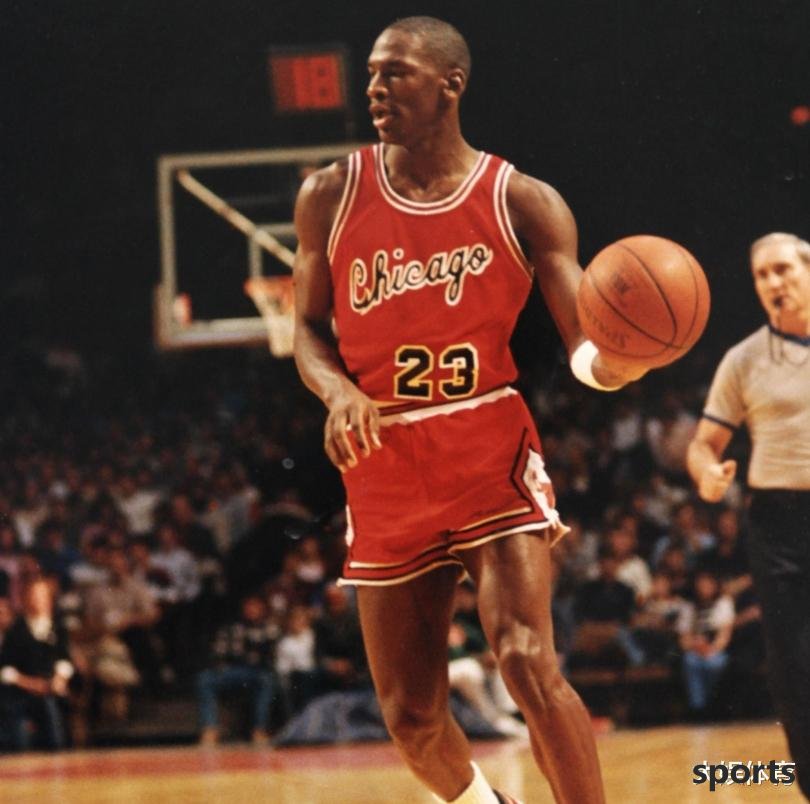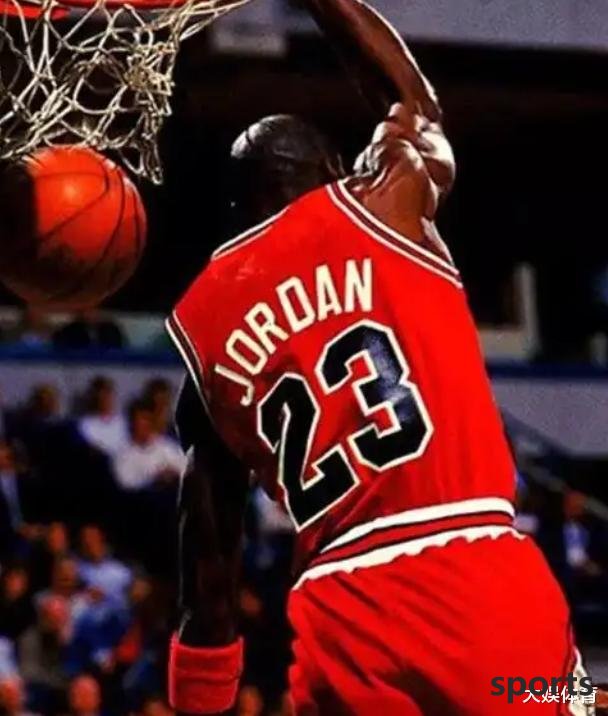Why did Jordan s second comeback join the Wizards instead of returning to the Bulls?
On May 13, Michael Jordan's second comeback chose the Washington Wizards instead of returning to the Chicago Bulls, which was one of the most intriguing twists in sports history. Behind this decision is a multitude of factors such as business games, power struggles, emotional entanglements and basketball dreams, and it is necessary to peel off the historical context to understand its deep logic. **The power change of the Bulls dynasty** When Jordan came back in 2001, the Bulls' management had undergone structural changes. As the general manager of the team, Jerry Klaus immediately started reconstruction after completing three consecutive championships in 1998, cleaning up meritorious players such as Pippen and Rodman. Phil Jackson's departure further marked the end of the "triangle offensive" system. According to the Chicago Tribune at that time, Jordan and Klaus had long been in conflict with the team-building philosophy, and the latter insisted that "the organization (not the player) won the championship." When Jordan returned as a player, the Bulls were working hard to train rookies such as Elton Brand and Ron Mersell. The 38-year-old Jordan had a fundamental conflict with the reconstruction plan. More importantly, Bulls boss Reinsdorf has always supported Klaus' decisions, and this imbalance in power between management and legendary players has completely closed the door to return. The special chips provided by the Wizards** The Washington Wizards showed a completely different sincerity. Team owner Abby Polling not only promised to give Jordan 5% of the team's shares (later due to the failure of league rules), but also allowed him to participate in management decisions as the president of basketball operations. This dual role of "player + manager" just meets Jordan's desire to continue his basketball influence after retirement. It is worth noting that Jordan joined the Wizards as a management team in September 2000, but suddenly announced his comeback in September 2001. This identity change exposed his inseparable desire to compete. The Wizards ranked last in the league at that time (19 wins and 63 losses in the 2000-01 season), and their market value ranks 22nd in the NBA. Jordan's joining caused the team's market value to soar 37% instantly (Forbes data), and this business potential became the basis for the cooperation between the two sides. **Precise calculation of commercial interests** From the perspective of commercial endorsement, the Jordan brand needs to continue to expose and maintain value. In 2001, Nike's Air Jordan series annual sales exceeded US$400 million, but it fell by 18% from its peak in 1998. The return choice of Washington over major markets such as New York and Los Angeles is actually carefully weighed - the capital's media radiation power is enough to support global communication, and the brand image will not be damaged due to performance pressure. The attendance rate of the Wizards home MCI Center soared from 57% to 100%, and sales of surrounding merchandise increased by 400%, proving the commercial correctness of this choice. A more profound impact is that Jordan increased the number of live broadcasts across the Wizards from 2 to 13 games, providing a paradigm for subsequent market development of stars such as LeBron James. **Realistic considerations of competitive status** Returning to an elderly age at the age of 39 requires scientific competitive evaluation. The Bulls had Jaylen Ross and other players in their play age at that time, and the competitive pressure was much greater than that of the Young Army Wizards. Jordan's choice of the latter can not only avoid destroying the Bulls' legendary image, but also adjust his status in a low-expected environment. Its trainer Tim Grover revealed that Jordan had been secretly trained for nine months before his comeback, but chronic knee and back injuries require more careful playing time management. In his first season with the Wizards, he still averaged 22.9 points, 5.7 rebounds and 5.2 assists per game, but his 38.5% shooting percentage hit a career low, confirming the wisdom of choosing a weak team - under the pressure of the Bulls' championship, this decline in efficiency may cause greater controversy. The NBA led by David Stern is facing a viewing crisis. The ratings of the 2001 Finals (Lakes vs 76ers) fell by 29% compared with 1998 (Bulls vs Jazz), and Jordan's comeback was seen as a heart-warming agent to save the market. The league office secretly pushed the Wizards to win the hosting rights of the 2002 All-Star Game, and specially criticized Jordan for wearing the No. 23 jersey (the Wizards have retired this number). This support policy is completely different from Jordan's attitude when he came back on No. 45 in 1995, reflecting the league's re-understanding of the commercial value of legendary stars. It is worth noting that the ticket price for Jordan's first comeback against the Knicks was hyped up to $2,500, which was equivalent to the two-week income of ordinary American families at that time. This fanaticism proved that his influence had surpassed basketball itself. **The last try of unfulfilled dream** On the spiritual level, Jordan has always found it difficult to accept the "fight of the flu" as the end of his career. Its biographer Roland Razambi pointed out that Jordan's confrontation with young players during the 1999 labor-management negotiations awakened his competitive instinct. Choosing the Wizards rather than the championship team is essentially the ultimate verification of the "leading team alone" - just as in 1989, he led the Bulls to break through the Pistons blockade with a single core. Although he was unable to enter the playoffs in the end, the curtain call performance against the Nets in 2003, which scored 43 points, completed a perfect interpretation of "heroic basketball". This delicate balance between personal narrative and team honor may be the core psychological motivation for choosing a wizard. Looking back at this history, Jordan's choice is actually a classic case of the game between personal brand and team interests in professional sports. When the Bulls management refused to compromise, the business autonomy, competitive tolerance and urban visibility provided by the Wizards constitute the optimal solution to the legendary comeback. This decision not only reshapes the Wizards' team genes (later selected John Wall and Bradley Bill both benefited from the increase in attention), but also set a precedent for superstars to enter the team management after retirement. As Jordan said at a 2001 press conference: "It's not about the 7th ring, but about the purest love for the game." On the balance of business and competition, he finally chose a place where he could play freely. 

- Recent Posts
-
- Cole: It s ridiculous to let u
- Trail Blazers Change of Maste
- Warriors season ends: regret?
- The Lakers beat the Pelicans 9
- Didn t get beaten? Pacers made
- ESPN experts predict: Can Flag
- Rivers 30 million contract de
- The coach is poor, the Clipper
- NBA s signing information toda
- US media rankings the operatin
- Hot Posts
-
- After signing with the Trail B
- "NBA Finals G6" Thunder VS Pac
- Bill wants to complete a buyou
- Thunder substitute Caruso: Gre
- 2-1 in one game! WTA Berlin St
- First-time pick, 25th first-ro
- After the NBA Clippers trade,
- The latest news of the Warrior
- Rockets officially announced 5
- The Suns are finally going to
- Outrageous! The truth about th
- If 13 million is received, run
- US media questioned Yang Hanse
- Is Paul expected to join the L
- Paul George undergoes surgery
- On May 2, Pelinka s latest int
- 8 first rounds + 60 million sp
- Anthony: I ve been through man
- Cavaliers President: Mobley s
- The Warriors "beat" Gobert by
- search
-
- Links
-
